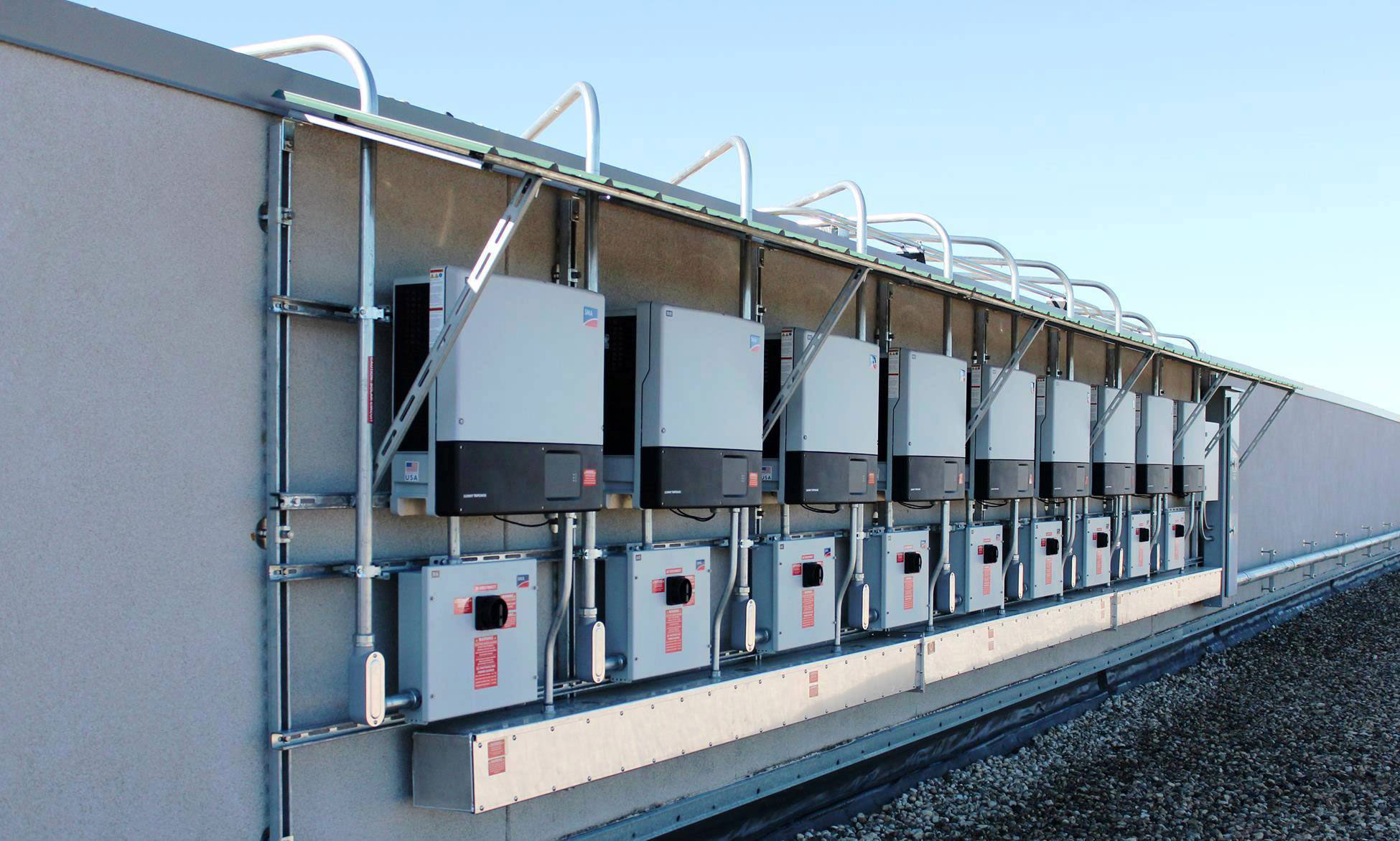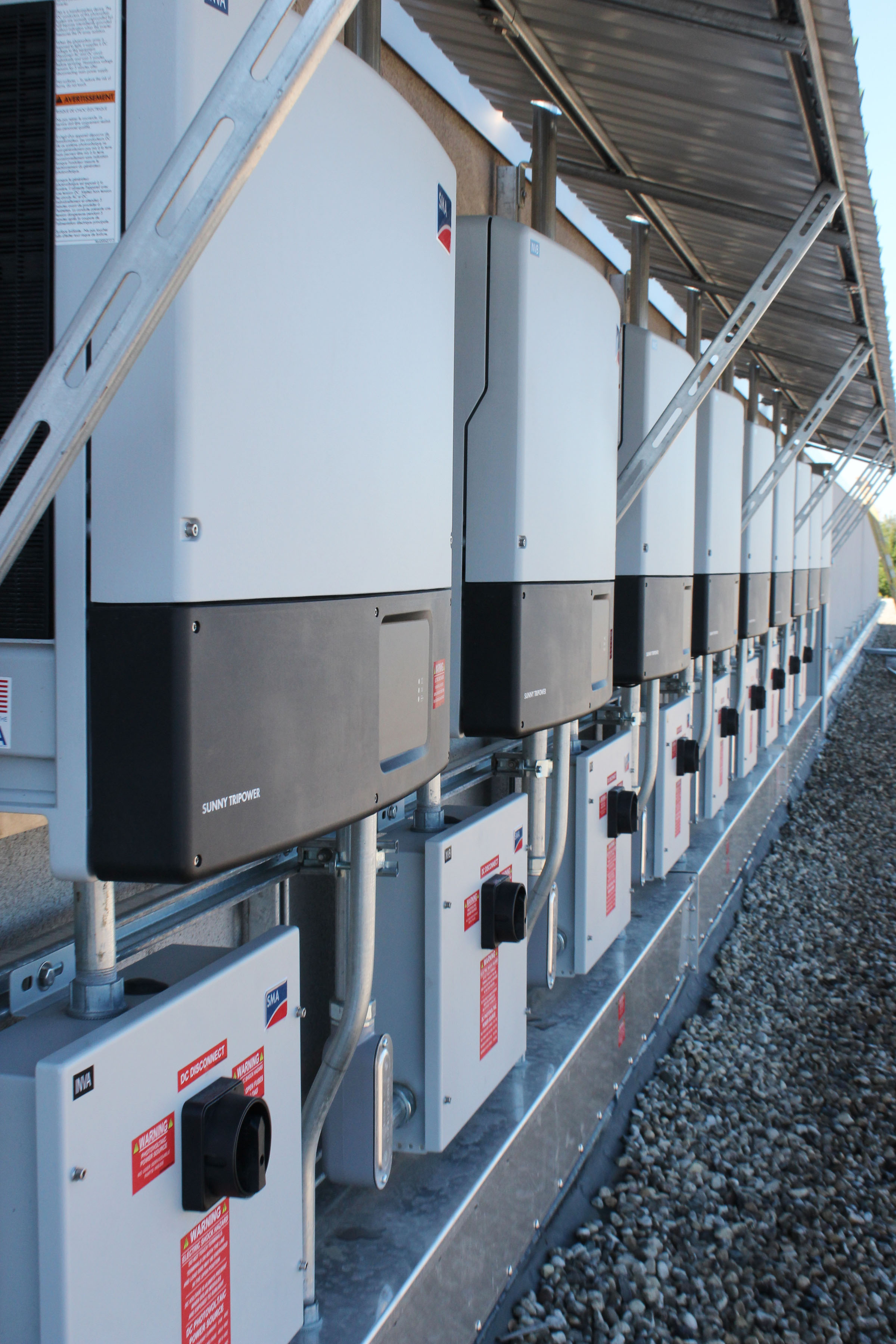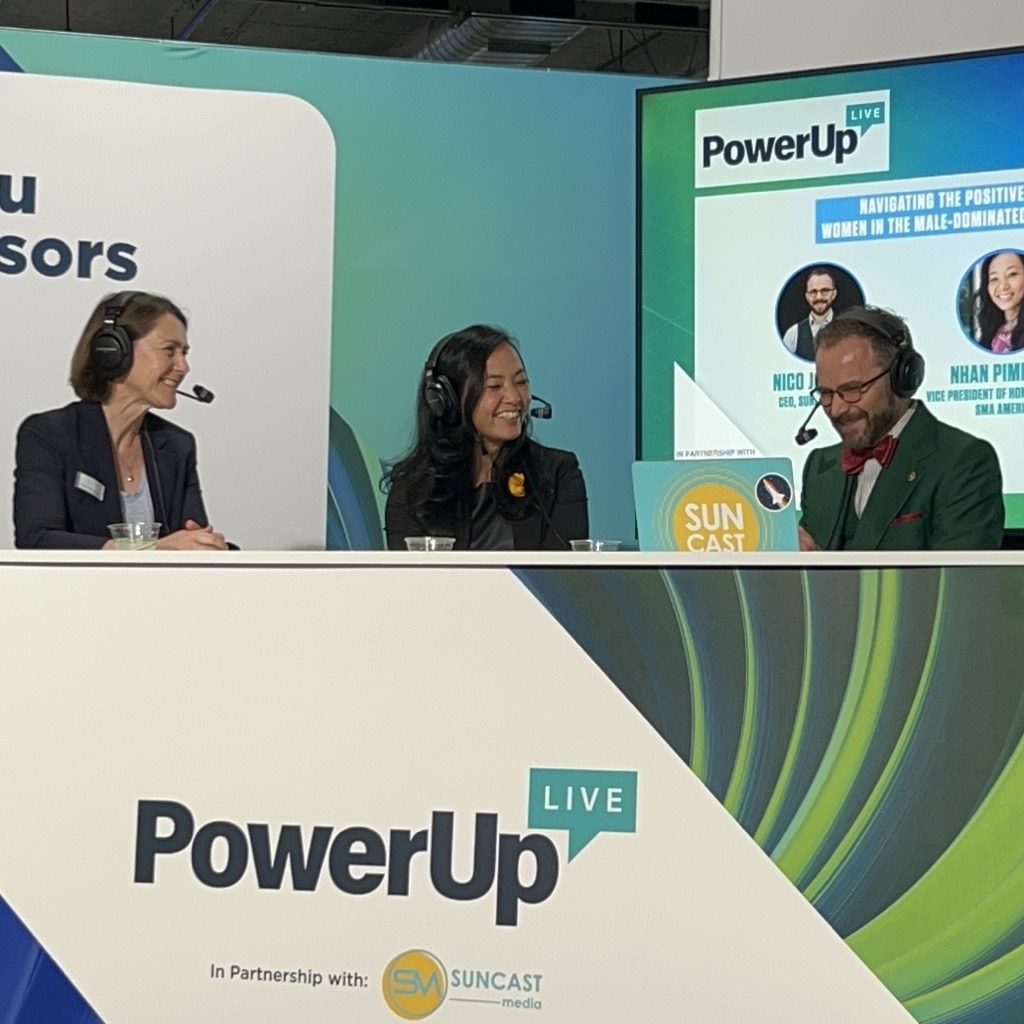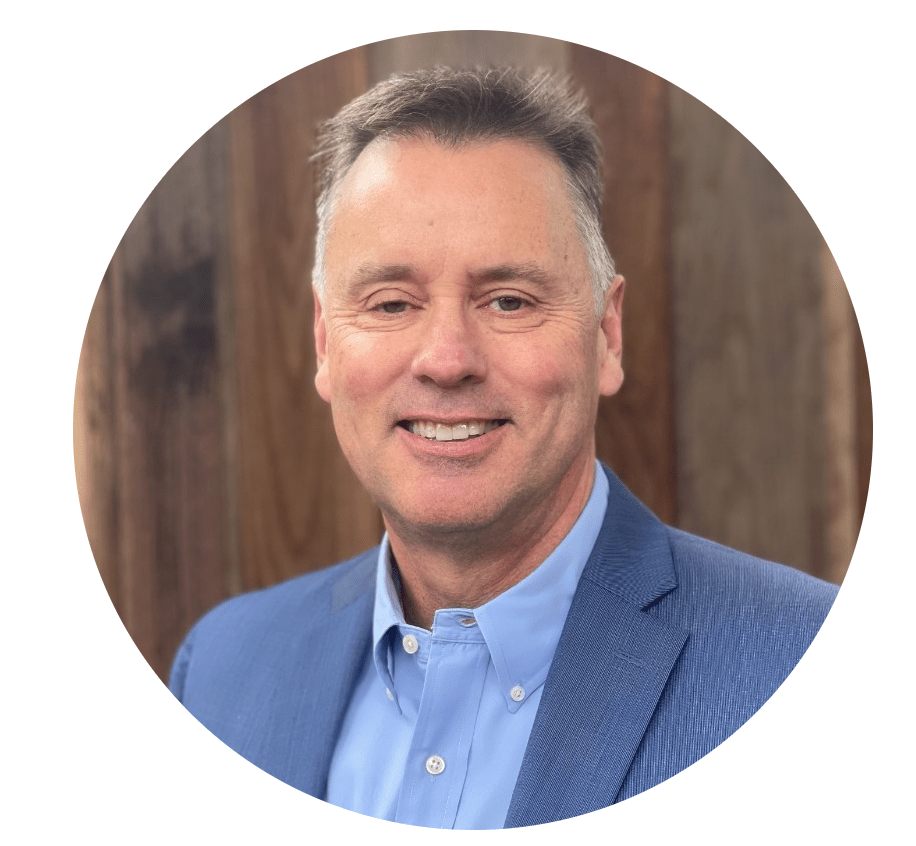Distributed system design aids energy production during snowmelt

Distributed inverter layouts have proven valuable for many reasons as the skyrocketing popularity of the three-phase string inverter continues its climb. This time, distributed design has found further reasoning for inverters like the Sunny Tripower: energy production with uneven snowmelt across module strings.
In the Chicago suburb of Des Plaines, Illinois, an often-snowy rooftop system expanded from 150 to 215 kW using six Sunny Tripower 24000TL-US and three 20000TL-US inverters to maximize energy production as snow-covered modules began to see the sun.
 Solar’s second act
Solar’s second act
After installing the first 150 kW of solar, United Displaycraft was very pleased with the result and began plans with Solar Service, Inc. to expand the system after its payback period. As three-phase string inverter popularity rose, the Solar Service team saw incredible potential to gain back energy that would have been lost when using a central inverter.
As snow melted unevenly across the modules, the site experienced partial shading that changed shape throughout the day. Without the predictability of shading caused by static roof vents or chimneys, these variations in string voltage and power jeopardized energy production. That made using the Sunny Tripower an ideal, cost-effective solution.
With the Sunny Tripower, the Solar Service team realized the inverter’s independent dual MPP tracking channels and OptiTrac™ Global Peak functionality presented a world of benefits without the labor and cost burden of module-level electronics. And, SMA’s quality meant the system would perform reliability year after year.
Those advantages fit well with the other inverter features like increased efficiency (98.5 percent), reliable communications for off-site plant control, and decreased risk of downtime. After the initial payback of phase one took a little over three years, United Displaycraft is excited to also see its payback reduced to a little more than two years for the second phase.
 Leading by example
Leading by example
For phase two of the United Displaycraft system, Solar Service paired the Sunny Tripowers with SolarWorld 275-watt modules. The 215 kW addition will further reduce the company’s energy demands another 40 percent, representing significant long-term cost savings for the third-generation family business.
The system now totals 367 kW with 406,000 kWh of annual production. Between cost savings and their increasing commitment to sustainability, United Displaycraft is leading by example for other Chicago-area businesses.






Feel free to contribute!